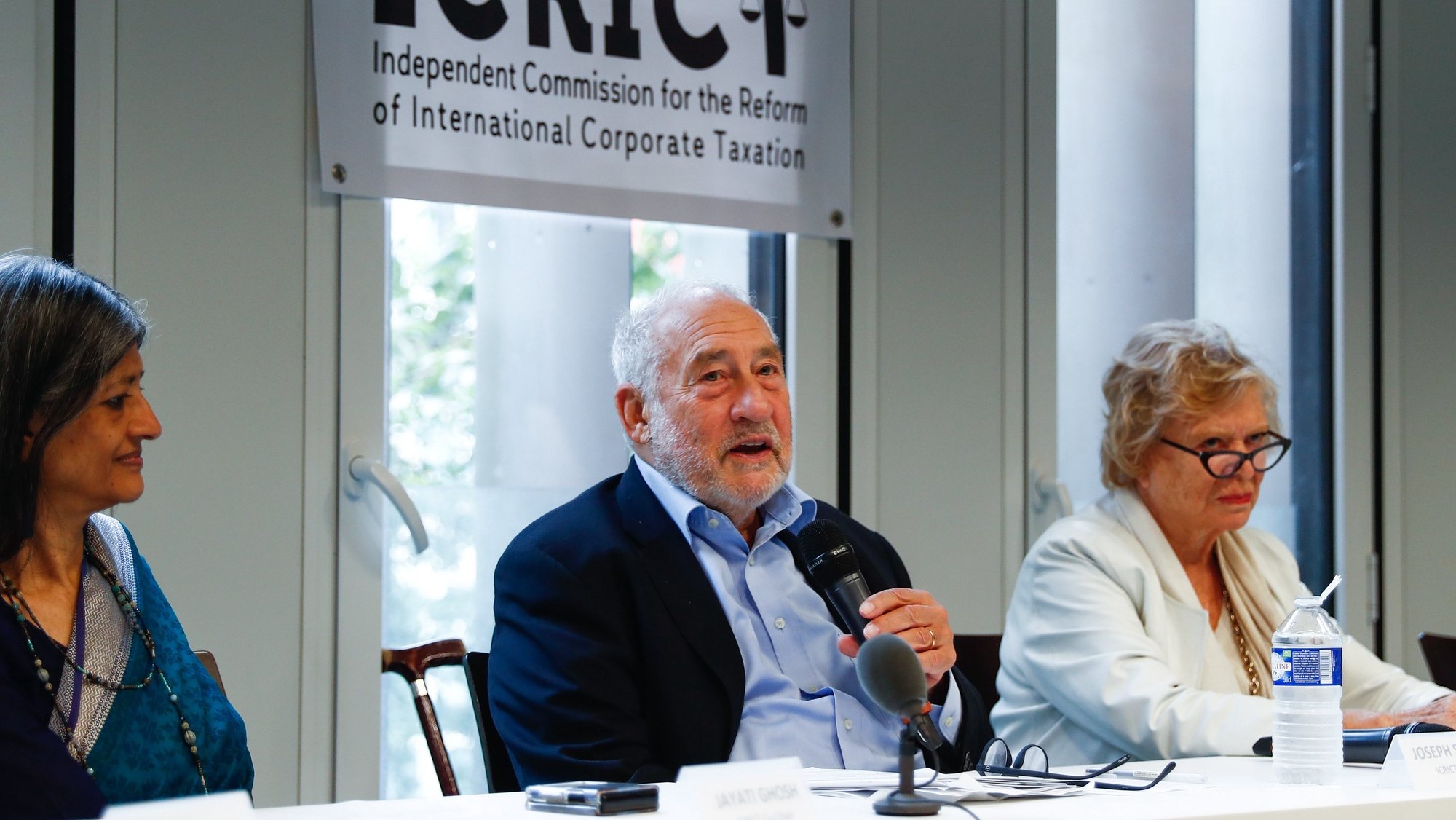The economist Joseph Stiglitz defended this Monday that the measures taken by central banks to raise interest rates “will not do much to solve the problem” and will cause “an even deeper recession.”
“Almost all episodes of inflation were caused by excess demand, this, like the oil price crisis 50 years ago, results from supply chain shocks,” the 2001 Nobel Prize winner in economics explained, saying that these shocks began with Covid-19. pandemic and are now being exacerbated by the war in Ukraine.”
In his speech at the seminar “Europe’s winter challenges: energy, economy and politics”, an initiative of the ERSTE Foundation, Europe’s Futures-Ideas for Action (IWM), Presseclub Concordia and the Forum Journalismus und Medien (fjum), the The economist referred that the rises in interest rates by the central banks “will not do much to solve the problem”.
Last week, the United States Federal Reserve (Fed) announced a 75 basis point increase in your interest rateidentical increase to the one it had decided in the last two meetings and the fifth increase since March, with the federal funds rate between 3% and 3.25%, the highest level in the last 14 years.
On September 8, the ECB raised the three reference interest rates by 75 basis points, the second consecutive increase this year, since on July 21 it had raised the three reference interest rates by 50 basis points, the first rise in 11 years, with the aim of curbing inflation.
At the seminar held in Vienna and broadcast online, Stiglitz said the world is “in a peculiar situation” in which it may face a severe recession and high inflation at the same time.
We are in a peculiar situation where there is a debate about whether the world is about to face a severe recession and inflation, and normally these two factors are on opposite sides: if the economy is weak, there is deflation, and if the economy is strong, there is inflation, and this hasn’t happened for a long time,” he said, pointing out that there are many variables that cannot be anticipated, such as the war in Ukraine, the pandemic and its effects in China.
The Nobel Prize winner for economics also addressed concerns about winter in Europe, saying much of the uncertainty and suffering “is self-inflicted.”
Stiglitz argued that the United States and Europe have not yet realized that they are at war and that this leaves their economies unprotected.
“My concern is that the United States and Europe have not yet realized that we are at war. When countries are at war, they don’t leave economies as if they were in peacetime. Economies at war and at peace are different. Markets are still used, but they are much more regulated,” she stressed.
In this sense, the Nobel Prize winner for Economics said that “by not admitting that it is at war, Europe is making its people suffer much more”.
Likewise, Stiglitz launched a criticism of the weaknesses of the markets, the result of what he described as the “myopia” of neoliberalism.
We thought that the market was much better than it was, when the market was much worse, and that is part of my criticism of neoliberalism, it is myopic and nobody could believe that it had little resilience,” he said.
The economist added that instead of underestimating inflation, there was an overestimation of the resilience of the markets.
“When we are told that they ‘underestimate inflation’, or that we should really say that they overestimate the competition in two markets, the markets will prove to be very high”, he concluded, giving an example of the shortage of formula milk in supermarket pancakes in the USA
The energy crisis resulting from the Ukrainian conflict is one of the main concerns of European countries, which are preparing for a difficult winter.
In the outlook released this Monday, the Organization for Economic Cooperation and Development (OECD) improved the growth outlook for the euro zone this year to 3.1%, but worsened next year’s to 0.3%, still estimating inflation of 8.1% this year. and 6.2% below.
At a global level, the OECD maintains the growth outlook for the global Gross Domestic Product (GDP) this year at 3%, predicting that the G20 economies will grow 2.8% (minus 0.1 percentage point (pp.) of which in June.
Source: Observadora
